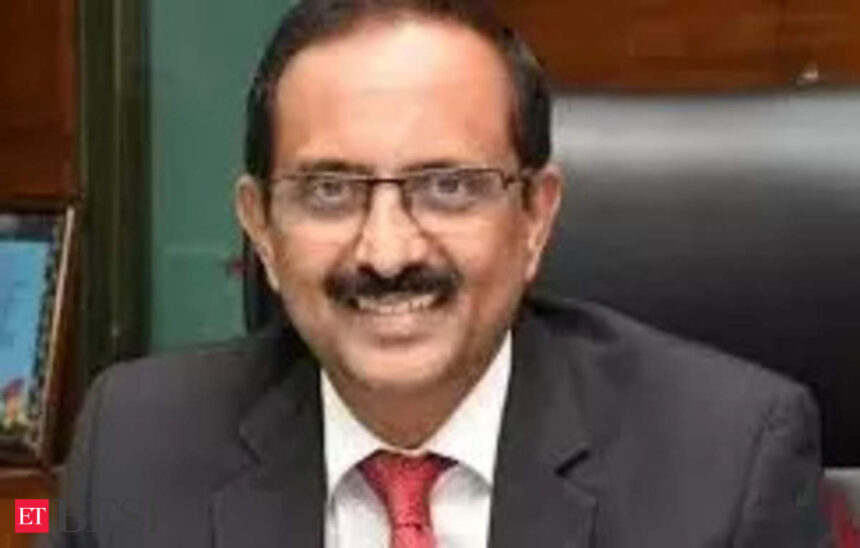[ad_1]

The new chairman of the State Bank of India (SBI) has the opportunity to address the anomaly in the bank’s slippage recognition policy, according to a recent report by ICICI Securities.
“We highlight that the new Chairman has the opportunity to address the anomaly in gross slippages recognition. Unlike other banks, SBI does inter-quarter netting-off while reporting quarterly slippages; thus, both gross slippages and recovery are lower. The change in the recognition policy should translate to higher gross slippages, but no impact on credit costs or GNPAs as recoveries would also commensurately be higher,” ICICIC Securities said in a report.
The report highlights that concerns about asset quality stemming from slippages are unwarranted, as SBI remains well-positioned. The bank’s net slippages are expected to rise to 50 basis points for FY25-26, compared to 26 basis points in FY24. Despite this increase, the bank’s overall asset quality outlook remains strong, with minimal residual stress in the system.
“We do not see any risks of kitchen-sinking, as there is management continuity (incumbent chairman has been a career banker with SBI and was earlier a Managing Director) and there is no worthwhile stress pipeline at the moment, while reported residual stress (SMA and RSA) remains miniscule,” the report said.
C S Setty has recently taken over as the SBI chairman and the second-quarter results will be presented under his watch soon.
Asset quality
It emphasises that the bank’s solid asset quality, particularly in unsecured retail loans and sovereign exposures, positions it to weather near-term challenges without significant risk.
“In terms of corporate slippages, we estimate slippages of two sovereign exposures (government-owned telco and steel company) in the near term. While the slippages of sovereign exposures could create some uncertainty on corporate asset quality’s trajectory, we strongly believe these cases are one-off in nature and there is unlikely to be any spillover impact to other sovereign exposures. We do not see any change in improving trajectory (which is negligible or negative net slippages) in the overall corporate segment asset quality,” the report said.
The new chairman also has an opportunity to maintain the bank’s strong performance in the unsecured loan segment, which boasts a gross non-performing asset (GNPA) ratio consistently below 1%. SBI’s loan portfolio is largely composed of government employees and employees of reputed corporations, ensuring a relatively stable risk profile.
With SBI’s credit costs having bottomed out in FY24, the report anticipates a gradual rise in credit costs, but nothing alarming. The bank’s strong internal accruals, low loan-to-deposit ratio, and robust capital adequacy ratio provide a solid foundation for future growth, despite a marginal dip in net interest margins (NIMs).
The market remains optimistic about SBI’s continued growth, with ICICI Securities maintaining a “Buy” rating on the stock and a target price of Rs 1,000 per share. The potential monetization of stakes in subsidiaries, such as SBI Cards and investments in NSE and YES Bank, could act as near-term triggers for value unlocking.
[ad_2]
Source link





